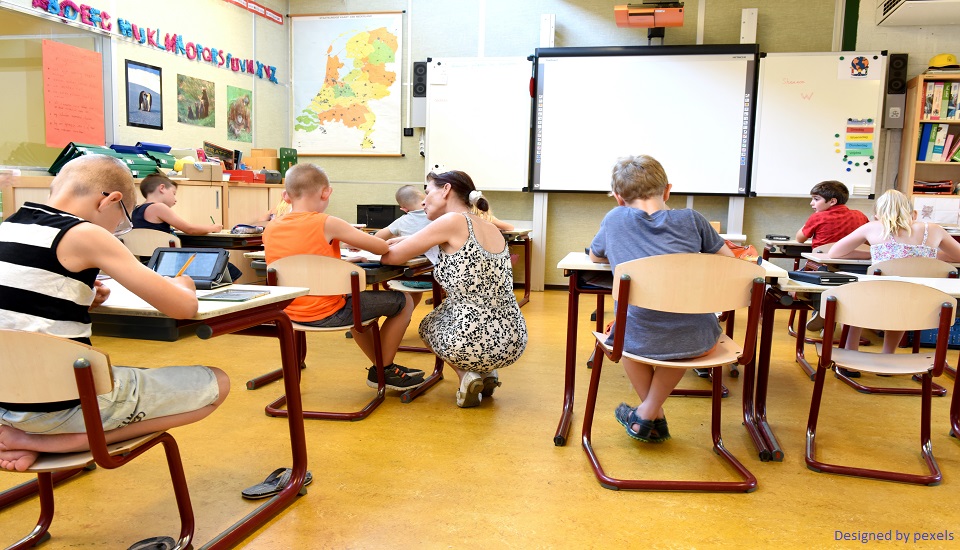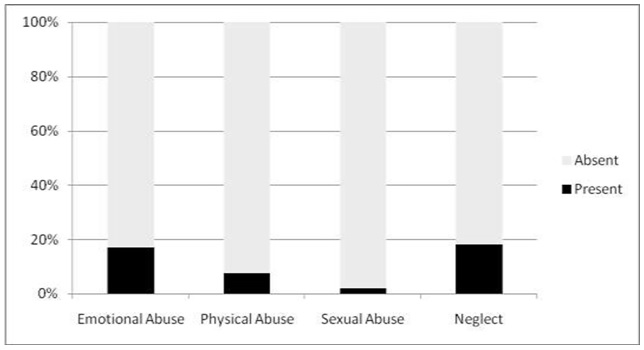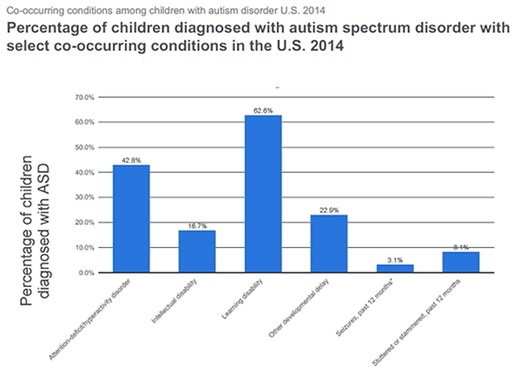Cognitive Disorders: Types, Causes, And How Teachers Can Help Improve?
21st November 2022
Cognitive impairment is largely related to the brain since the brain is the most vital organ in our body. It is the reason why we eat, move, write, talk, and basically function as a whole. Thus it is essential to train the brain to be able to focus, think, learn and solve problems efficiently. However, in a classroom full of special needs students it is essential to recognize the cognitive difficulties to be able to nurture them better.
To transform students into better human beings it is essential to meet all the cognitive needs of a student. However, you as a Montessori teacher might not be aware of ways to develop the cognitive skills in your students. If you are also wondering how to introduce them to new skills and tickle their curiosity, here is everything you should know.
Types Of Cognitive Disorders
Cognitive disorders are a part of mental health disorders. It is any disorder that affects the cognitive function of any individual to a point where normal functioning without treatment becomes impossible. Some of the most common cognitive dysfunctions include:
- Dementia
- Motor Skills Disorders
- Developmental Disorders
- Substance-Induced Cognitive Impairment
- Amnesia
What Are The Causes Of Cognitive Disorders?
Cognitive disorders just like other mental disorders are caused by numerous factors. Some can be due to genetic predisposition, hormonal imbalances, or even external environmental factors. The common external factors include lack of interaction and nutrients during early ages of cognitive development.

Source: gpsych.bmj.com
Other factors can include physical injury or abuse. When the area of the brain that determines cognitive function is damaged either by physical or mental trauma, alcohol, drugs, etc, then it can result in neurophysiological changes leading to cognitive dysfunction.
Symptoms Of Cognitive Disorder

Source: vrautism.wixsite.com
The signs of cognitive disorders vary as per the condition. However, there are some common symptoms and signs that overlap most disorders. They are:
- Poor motor coordination
- Confusion
- Loss of long-term or short-term memory
- Identity confusion
- Impaired judgment
Some disorders begin subtly and the severity of the symptoms increases as the disorder progresses. For example, Alzheimer’s disease starts with minor symptoms of forgetfulness to being persistently impaired in the later stages.
Ways In Which Teachers Can Boost Cognitive Skills In Students
Here are 5 strategies you can use in a classroom to train their brain and improve cognitive skills:
1. Engage In Physical Games
Research has shown that daily physical exercise has positive effects on memory. Regardless of cognitive disorders, students who engage themselves in physical games daily, their cognitive function improved significantly. The fundamental reason for this is that physical activities train your brain to think and make decisions quickly.
As a special education teacher, you can ask your students to start a class with a quick warmer activity or a physical activity. This will stimulate their minds and they will be able to focus on their lectures better.
2. Tickle Their Curiosity
When dealing with students with cognitive disorders it is essential to ignite curiosity in your students. It is a no-brainer that kids who participate actively in writing, and reading and engage themselves in brain-stimulating activities have much better cognitive skills.
It might be a tedious task to make every student participate but within sessions, you can introduce activities like hand and foot painting, sensory activities, slime making, etc to tickle the curious little minds.
3. Include Brain Training Activities
Learning is crucial to every child's development. However, students with special needs might have a long road ahead of them to reach their learning outcomes, unlike others. Hence brain training with the right tools can help them get there.
Activities like jigsaw puzzles, spot the difference, cross crawl, brain buttons, etc can wake up the brains of special needs students and stimulates brain function. The main motive of brain training exercises is to activate the brain cells and make them more productive. These activities will not only improve learning but also facilitate mental organization.
4. Nurture Their Creativity
A task involving creativity pushes students to come up with unique ideas and think outside the box. Activities such as building blocks, role-playing, and art and craft ideas allow the young learners to explore their new side. You can set up interesting and relevant activities depending on the lessons you are currently covering or have already covered.
Allow the students to use their creativity to complete the task and in the end, ask for their perceptions. They might not be able to come up with a whole sentence but one or two words shall be fine. These activities will tap into the minds of these children and give life to their imaginations.
5. Introduce New Experiences
One of the best ways to improve cognitive skills in students is by introducing them to new skills. As long as they can come out of their comfort zone and try something new, they can train their brain from the initial days. Moreover, developing new-age skills with social networking will allow kids to stay sharp and witty.
Plan mentally unfamiliar and challenging activities to improve your student's personality traits. This will allow them to think creatively and come up with various ideas to solve a problem. However, keep the age group in mind and don't come up with something way too challenging.
Final Thoughts
Cognitive dysfunction is often directly related to depression, and most students feel hopeless. Thus, understanding various situations and causes can help your learners have a better personality. To be aware of the several types of mental disorders and how to tackle those in a classroom consider undergoing Special Education courses. This course will offer an answer to your everlasting question on how to improve your kids’ cognitive skills.
Leave a comment!
Written By: Sanjana
Leave a Reply
Recent Posts
- Make Language Learning Fun 5 FunFilling ESL Activities For Teachers To Implement In ESL Classroom
- The Role Of Teachers As Counselors In Eradicating Students Fears
- Achieving Financial Stability For Special Need Parents
- Make Teaching English To Beginners Fun And Engaging With Our 5 Effective Tips
- Achieve A Healthy WorkLife Balance As A Teacher With This Alternative
- Foster A Growth Mindset In Your School Students Teachers And Staff With Proven Strategies


